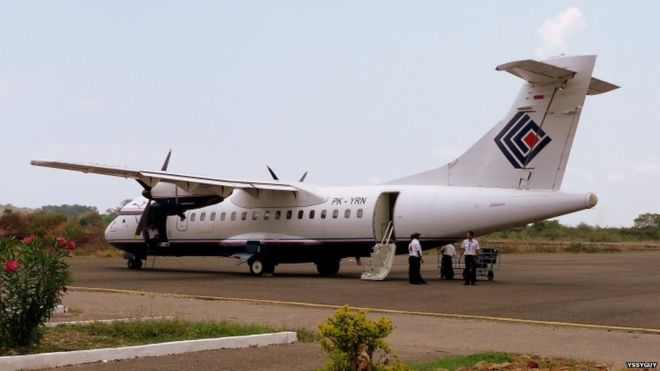 The Bank of Ghana (BoG) is strategizing on means to conduct a survey to capture remittances sent through other means other than the banking sector. The move is geared towards ensuring that funds that flow into the country are tracked and properly accounted for.
The Bank of Ghana (BoG) is strategizing on means to conduct a survey to capture remittances sent through other means other than the banking sector. The move is geared towards ensuring that funds that flow into the country are tracked and properly accounted for.
BoG figures show that as of July this year, remittances channelled through formal sources stood at US$1.06 billion.
In 2010, remittances into the country amounted to US$2.1 billion, rising to US$2.2 billion the following year.
Remittances experienced a marginal decline in 2012 when they recorded US$1.8 billion. They increased slightly to US$1.97 billion in 2013.
The Head of the Balance of Payments Division of the BoG, Mr Eric Koranteng, who disclosed this at the maiden First Atlantic Bank Executive Breakfast Meeting in Accra, said ideally, all remittances were supposed to be channelled through the banking system, but that was not the case.
“We cannot readily quantify but we suspect that the amounts that come through the illegal system could be the same as those that come through the right channels,” he said, adding, “this is why we are going to work on it to ensure that a chunk of the inflows come through the banks, although it will not be easy.”
The meeting brought together government officials, policy makers, foreign investors, economists, bankers, among many other personalities to deliberate on how to attract more foreign direct investments and remittances.
Official figures on private remittances to Ghana, according to some analysts, reflected only the “tip of the iceberg,” since they did not include remittances sent through informal channels such as hand carriage or the network of informal transfer agents.
Mr Koranteng said, “Based on our estimates the reported figures could represent only about half the actual total.”
“At least as much is transmitted through informal and unrecorded channels which make it impossible to measure the precise amount,” he admitted and reiterated that it was for that reason that the BoG was making efforts to conduct the survey to gather that information.
According to Mr Koranteng, from the trend, all things being equal, the figure might more than double by the close of the year.
In terms of the regional flows of remittances, the USA and Canada appear to be the most important source.
Between 2010 and July 2014, a total of about US$4,382.41m of inward remittances came from USA and Canada.
This was followed by the United Kingdom, which recorded about US$1,042.76m, the European Union US$824.40m, Others US$650.28m, ECOWAS US$287.72m, and the rest of Africa US$109.21m.
It is obvious from figures released from the BoG that although private remittance has been on the increase since 2000, the increase however, appears to be insignificant in improving current accounts deficit because the deficit continues to widen.
Mr Koranteng explained the reason behind the phenomenon and noted that because of the increases in income outflows and the other services sourced outside by most of the companies present in the country, the impact of remittances on the current account was minimal.
“Suffice to say that without it the current account position would have been worsened,” he added.
“We expect that as the remittances were rising, the current account will reduce; However, that is not happening that much because of the service and income outflows we are experiencing,” he reiterated.
The Executive Director of First Atlantic Bank, Mr Daniel W. Addo, said the bank had positioned itself to contribute meaningfully towards the country’s accelerated development by positioning itself as a conduit for investment flows into Ghana.
As a demonstration of the bank’s commitment, he said: “We currently offer remittances from six service providers: Money Gram, Western Union, Ria, Small World, Transfast and Money Exchange.”
He said the bank was in partnership with the GIPC on their global roadshows to showcase Ghana’s potential as an investment destination
Mr Addo said the bank was also currently engaging various diplomatic missions abroad through the Ministry of Foreign Affairs to engage Ghanaians in the Diaspora and introduce investment opportunities back home.





